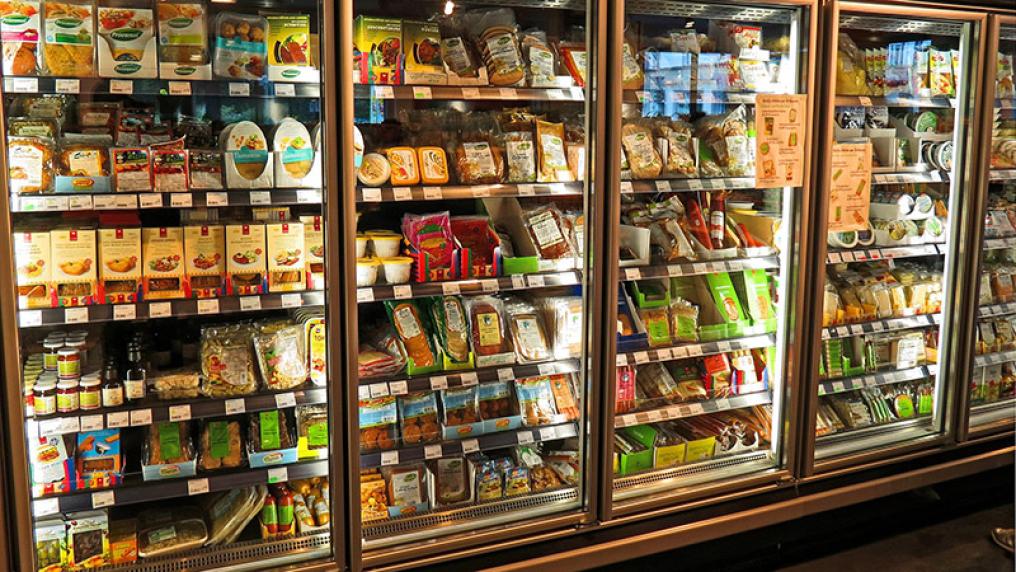Packaged foods increase risk of anaphylaxis

The risk of life-threatening anaphylaxis attacks from unlisted allergen trigger ingredients in pre-packaged food is worryingly common.
New research examined reports of anaphylaxis in Australasia from consumption of packaged food products with or without Precautionary Allergen Labelling (PAL), where the known allergen triggers were not a listed ingredient.
Allergen labelling voluntary

“At this point there is no effective way to determine whether or not an unlabelled product (foods without PAL) is safe for consumption by the food allergic community.
"The may contain traces statements are designed by the food industry to assist consumers with selecting foods safe for consumption. Precautionary Allergen Labelling (PAL) would help consumers better assess if products are safe for consumption." - Dr Giovanni Zurzolo
Study shows significant risks
Senior author Professor Katie Allen said the findings of this study show that allergy consumers are taking significant risks in eating pre-packaged food.
“The study shows that anaphylaxis to undeclared allergens is not rare and it did not appear to depend on whether the product was labelled with precautionary advice.
"Improvements in the regulation of food labelling are required to give consumers the right information to help them to make safe choices. Everyone deserves the right to eat food safely,” said Professor Allen.
Members of the Australasian Society of Clinical Immunology and Allergy were invited to complete a questionnaire. Participants were asked to complete a survey reporting whether they have had seen any patients over the past three months reporting anaphylaxis following ingestion of a packaged food where the suspected food allergen was not a listed ingredient.
The questionnaire uncovered the following results:
- there were 14 reports of anaphylaxis to packaged foods (where the suspected allergen was not a listed ingredient)
- of those reactions 50% were reported from foods which did not have a PAL statement.
Permissive labelling is the term that has been used by food allergy experts to emphasise safe and suitable foods for allergy-affected individuals and not just for foods which should be avoided. However, current PAL practices do not assist consumers in selecting foods which are safe for consumption.
This research was conducted in collaboration with the Murdoch Children’s Research Institute (MCRI).



